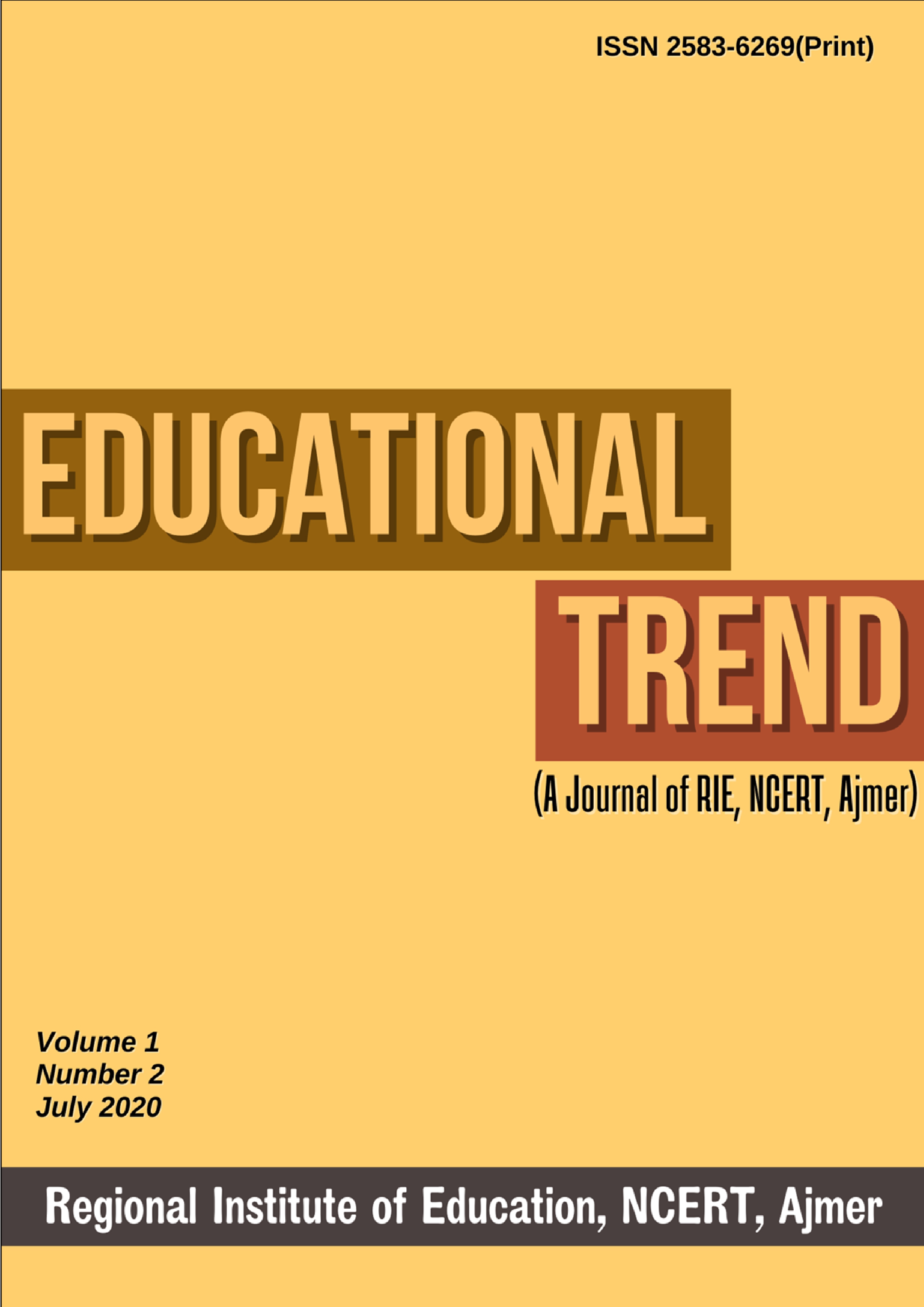प्रकाशित 2020-07-01
संकेत शब्द
- Significance,
- Human Rights,
- Education
##submission.howToCite##
सार
Human Rights are those minimum rights which every individual must have against
state or other public authority by virtue of his/her being a member of human family irrespective
of any other consideration. Human Rights could be generally defined as those which are
inherent in our nature and without which we cannot live as human beings. Human rights are
rights inherent to all human beings, whatever our nationality, place of residence, sex, national or
ethnic origin, color, religion, language, or any other status. We are all equally entitled to our
human rights without discrimination. These rights are all interrelated, interdependent and
indivisible. All human rights are indivisible, whether they are civil and political rights, such as
the right to life, equality before the law and freedom of expression; economic, social and cultural
rights, such as the rights to work, social security and education, or collective rights, such as the
rights to development and selfdetermination, are indivisible, interrelated and interdependent.
The improvement of one right facilitates advancement of the others. Likewise, the deprivation of
one right adversely affects the others. Human rights education, fast becoming another global
educational phenomenon, appears to be developing along equally varied, but more substantively
focused and prescriptive lines, human rights bring not only the element of concrete experience
and observable social conditions but also a much needed normative and prescriptive dimension.
It is commonly recognized that human rights are the firm foundations of human existence and
coexistence; that human rights are universal, indivisible and interdependent; and that human
rights lie at the heart of all that the United Nations was created for and aspires to achieve in
peace and development.
